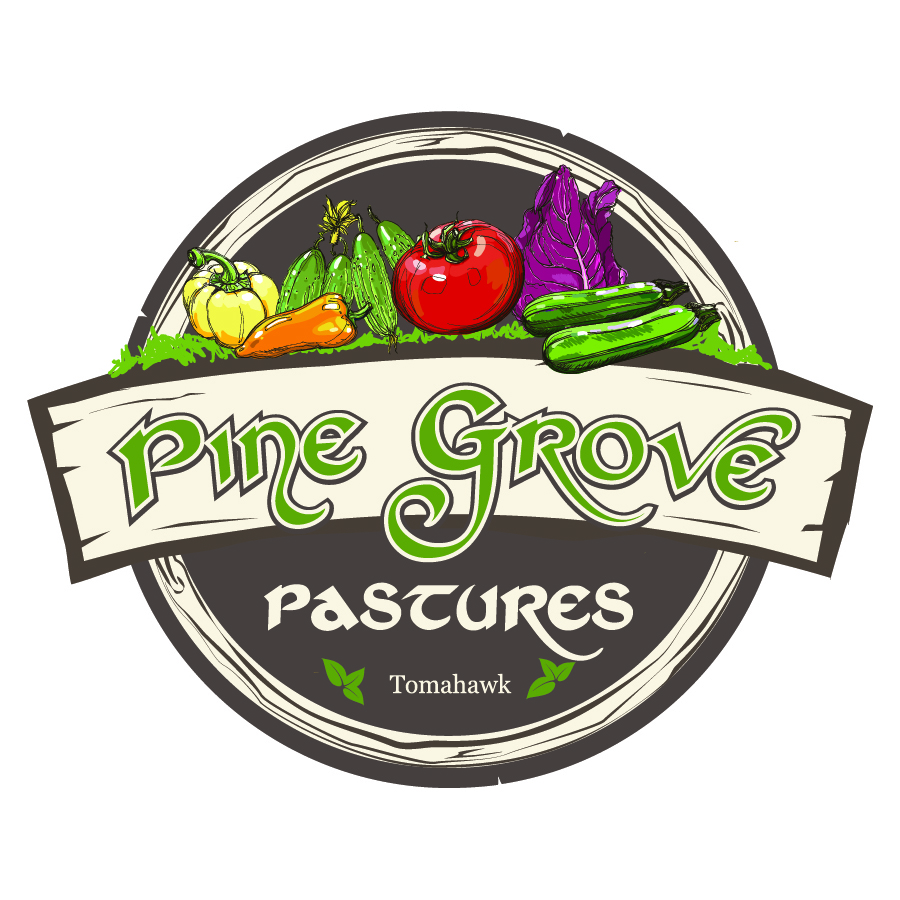When you buy those “vine-ripened” tomatoes for $.99/pound at the grocery store, do you know where that dollar is going? Who are you supporting with that dollar? What practices are you supporting? When you factor in the greenhouse space, water, labor, the trucking, the fuel consumption, does it really make sense that your tomato cost $.40?
When I was pregnant with our first son and we started making the switch to healthier foods, I had mixed emotions about “Organic”. What did it mean? Why was it so expensive? Wasn’t organic for food snobs and trendy old ladies who had disposable income coming out of their ears? Oh my, how far I have come in just a few short years. One of my biggest problems early on was that I was comparing the price of organic with the price of conventional. Why should I pay $4/pound for organic, pastured chicken when I can pay $1.25/pound for the “regular” stuff? Although I now know how many good answers there are to that question, everyone has to come to their own conclusion. My point here is that organic food can be considered expensive, while conventional food can be considered normal. But should it be this way?
Most small organic farmers don't have tons of big expensive equipment, they don't have thousands or even hundreds of acres of land, they don't use thousands of gallons of pesticides or herbicides or fertilizer to make their land productive. What we do have are hand tools, compost, diversity, and serious work ethic.
Doesn't it seem entirely backwards then, that big ag farm food is cheaper than small organic farm food? So why does organically produced food cost so much? Actually the question should really read, "Why is conventionally raised food so cheap?"
It is a well known-fact that Big Agriculture is heavily subsidized by our government. Anything you touch in an average grocery store that includes wheat, beef, corn, soy, and any of their bi-products has not been produced on a level playing field with their organically produced counterparts. It’s not always the case that these organic foods cost much more to grow or produce, but the prices for the “junk” foods are being artificially reduced by the government, either directly through the actual ingredient, or indirectly through the cost of animal feed. And because of this process, Americans have become out of touch with how much quality food actually costs to produce.
Sure, conventional food is now more affordable than ever... but at what cost to our environment and our health?
Because of the issues surrounding the price of organic food, it is our intention at Pine Grove Pastures to be entirely transparent regarding how much it costs to produce the food we grow and raise. Check out our "Farm Report "to see just where your local food dollar is going. And if you choose to buy organically raised food, know that you’re not just paying for a label.
Krista


